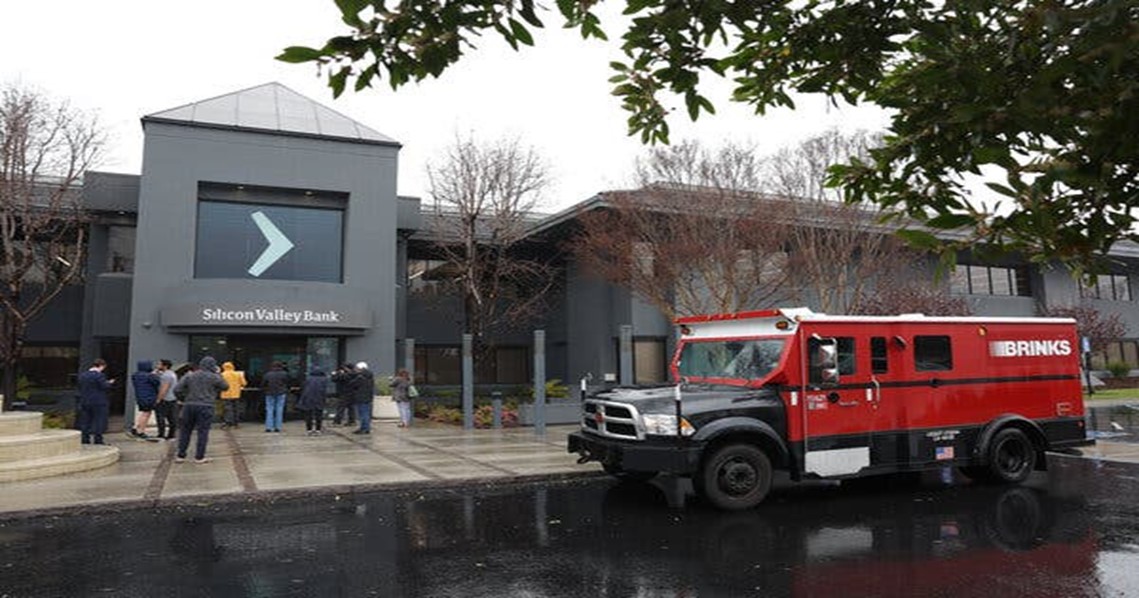The events that started to unfold at the end of last week at Silicon Valley Bank (parent company SVB Financial) may seem like a world away from East Tennessee, but it definitely brought flashbacks of the 2008-2009 financial crisis. While the differences are significant between the two events, and to elaborate on those is beyond what can be written in a single blog post, there are some questions that this latest collapse should make everyone think about.
Is there a single person to blame? Probably not.
One could blame the Federal Reserve due to their ultra-loose monetary policy (used over a decade), keeping interest rates close to zero and subsequently creating an environment that encouraged extremely risky behavior. One could blame the executives at SVB, specifically the CFO, for the utter mismanagement of their investment portfolio. One could also blame the federal and state regulators for not sounding the alarm when it seems as though red flags were discovered. Blame could also be placed on depositors. It is a well-known fact that if a bank is FDIC-insured, “the standard insurance amount is $250,000 per depositor, per insured bank, for each account ownership category.” However, the vast majority of depositors at SVB had more on deposit than the FDIC limit, making them susceptible to large losses (although the government has stepped in this time).

Here’s the lesson: Do not place all your eggs in one basket and if you have more than $250,000 sitting at a single bank, diversify. (There are currently better options for cash – link here) The broader impact of the events this past week, and the impact that is to come, begs the question – has the overall trust of Americans declined in the banking system?
Over the last several months, dating back to the fall of 2022, our team has encouraged clients to bypass the middlemen (banks) and put the savings in their pockets. We’ve posed the question, “Why keep your money in a bank when you can earn more in safe, short-term Treasury obligations?” Treasury securities are backed by the full-faith and credit of the U.S. Government, as risk-free of an investment one can make. Banks were moving at a snail’s pace to increase rates on your deposits because they were earning a nice spread between what they were lending out and what they were paying depositors.
One may ask “What is the benefit of depositing large sums of money at the bank down the street?” It is a question that has become much more difficult to answer over the last week.
If you or someone you know would like a helping hand on how to navigate current market conditions, don’t hesitate to reach out to our team!
